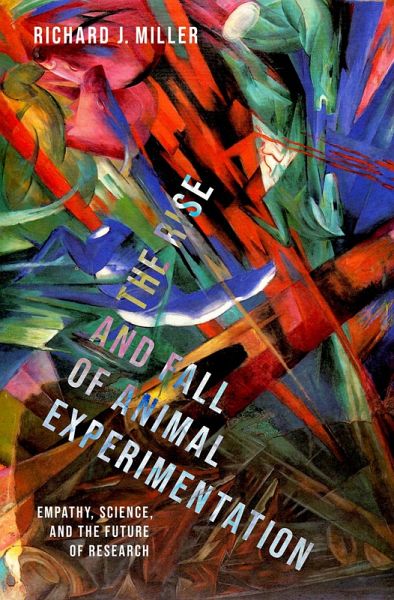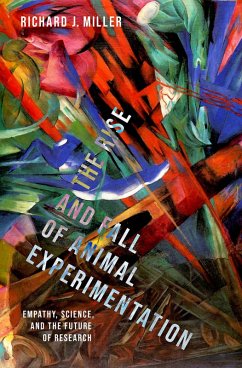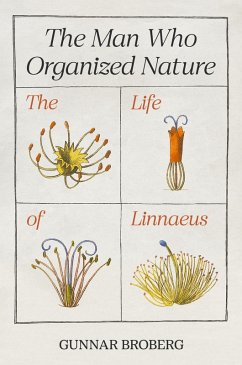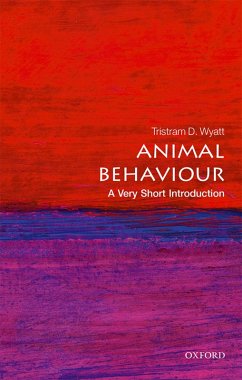
The Rise and Fall of Animal Experimentation (eBook, PDF)
Empathy, Science, and the Future of Research
Versandkostenfrei!
Sofort per Download lieferbar
15,95 €
inkl. MwSt.
Weitere Ausgaben:

PAYBACK Punkte
8 °P sammeln!
Every year, hundreds of millions of animals are used in the service of biomedical research, despite the risk of extreme cruelty to these animal subjects. The expansion of the pharmaceutical industry and university research funding rapidly normalized its practice. What exactly are these experiments supposed to achieve from the scientific point of view and how effective are they? Working scientists answer these questions by saying that their research is absolutely necessary if we are to develop new therapies for human diseases. But is this really the case? Written by a scientist with over 40 yea...
Every year, hundreds of millions of animals are used in the service of biomedical research, despite the risk of extreme cruelty to these animal subjects. The expansion of the pharmaceutical industry and university research funding rapidly normalized its practice. What exactly are these experiments supposed to achieve from the scientific point of view and how effective are they? Working scientists answer these questions by saying that their research is absolutely necessary if we are to develop new therapies for human diseases. But is this really the case? Written by a scientist with over 40 years of laboratory experience, The Rise and Fall of Animal Experimentation critically examines this assumption and asks whether it is true that animal-based research achieves its aims and, if so, how often this occurs and if there are alternatives to performing animal-based science. The book takes readers through the history of animal experimentation: its early beginnings in antiquity, how it advanced in the seventeenth century during the Scientific Revolution until the present day, and explores the diverse scientific, theological, and philosophical influences that formed the basis for these ideas about animal-based science. Referencing developments in various fields including stem cell biology, genetic sequencing, and live imaging, the book describes the scientific advancements that bring the value of animal experimentation into question and encourages biomedical research to consider more anthropocentric paradigms that reflect the entire spectrum of human diversity.
Dieser Download kann aus rechtlichen Gründen nur mit Rechnungsadresse in A, B, BG, CY, CZ, D, DK, EW, E, FIN, F, GR, HR, H, IRL, I, LT, L, LR, M, NL, PL, P, R, S, SLO, SK ausgeliefert werden.













